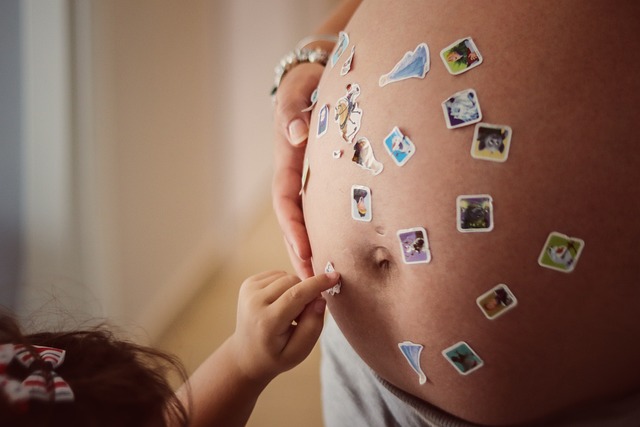Q. I’ve been consulting with several doctors to understand how my fibroids might affect my chances of getting pregnant. After eight opinions, I’m still at a crossroads. Some doctors recommend surgery to remove them, while others suggest I can try conceiving as is. Why is there such a split in the medical community?
A. Fibroids, known scientifically as leiomyomas or myomas, are non-cancerous growths that can form on or within the uterus. Most women with fibroids experience no significant health issues. However, if you’re looking to conceive, it’s essential to consider the size and placement of the fibroids. For instance, if they are larger than 6 cm or are distorting the uterine cavity, a myomectomy (surgical removal) may be necessary. Different surgical options are discussed in depth on our blog.
The mixed opinions you received likely stem from how fibroids affect pregnancy chances based on their characteristics. Fibroids thrive on estrogen, which can lead to rapid growth during pregnancy. If a fibroid is located on the outer wall of the uterus, it typically won’t cause major complications. However, those situated within the uterine wall or close to the cavity can lead to higher risks during pregnancy, including miscarriage and preterm labor.
In rare cases, fibroids can grow so quickly that they outstrip their blood supply, causing pain or complications. Additionally, some fibroids could obstruct the birth canal, necessitating a cesarean delivery. Nevertheless, it’s worth noting that the majority of women with fibroids have healthy pregnancies without any issues. If your fibroids are small and not causing distortion, they may not negatively impact your chances of conception.
For further insights on managing fertility challenges, particularly after an endometriosis diagnosis, check out this blog post here. If you’re considering at-home insemination, you might find useful resources on this site as well. Also, Healthline offers great information on intrauterine insemination and its implications.
Summary: When it comes to fibroids and pregnancy, opinions among medical professionals can differ. While some recommend surgery for larger or problematic fibroids, many women can conceive without intervention, especially if their fibroids are small. Understanding the specific characteristics of your fibroids is crucial in determining the best course of action for your fertility journey.

